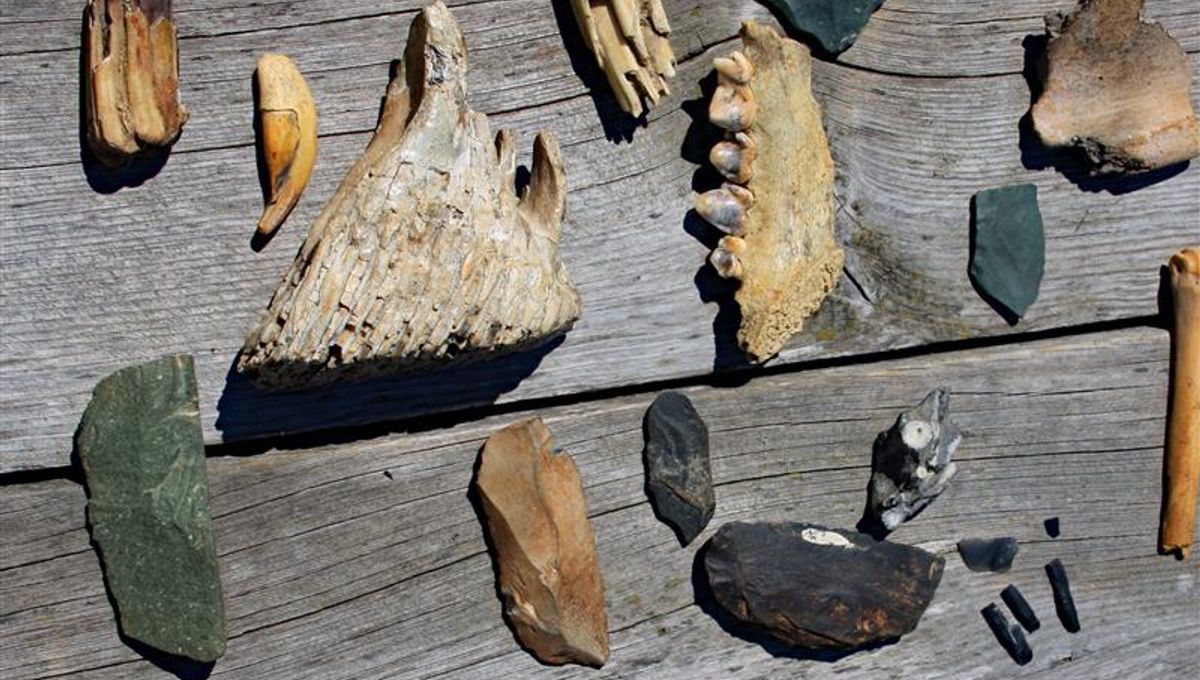
Our ancient ancestors were not picky about who they got into bed with, and the echoes of this prehistoric promiscuity can still be detected in human genomes from around the world today. Listed among our early romantic conquests are the Denisovans, and researchers now believe we mated with at least three distinct populations of this long-extinct species.
“It’s a common misconception that humans evolved suddenly and neatly from one common ancestor, but the more we learn the more we realise interbreeding with different hominins occurred and helped to shape the people we are today,” said study author Dr Linda Ongaro in a statement. The Denisovans, for instance, became known to modern science in 2010 when their genome was sequenced from a single finger bone at the Denisova Cave in the Altai mountains of Siberia, yet they were clearly no strangers to early Homo sapiens.
Initially, scientists thought that only Papuans carried traces of Denisovan DNA, with up to 5 percent of their genome being inherited from these ancient hominins. However, subsequent research indicated that smaller amounts of Denisovan genetic material could be also found in East Asian, South Asian, and Indigenous American populations.
For a number of years, it was believed that a single ancient rendezvous resulted in the introduction of these Denisovan genes into the modern human genome, yet after reviewing all the existing evidence on the subject, Ongaro and her colleagues found that several booty calls may have taken place.
“Unlike Neanderthal remains, the Denisovan fossil record consists of only that finger bone, a jawbone, teeth, and skull fragments,” said Ongaro. “But by leveraging the surviving Denisovan segments in Modern Human genomes scientists have uncovered evidence of at least three past events whereby genes from distinct Denisovan populations made their way into the genetic signatures of modern humans.”
According to the available evidence, the original Altai Denisovans began to fragment into multiple lineages some time between 409,000 and 222,000 years ago. The oldest of these populations appears to have interbred with the ancient ancestors of today’s East Asians, while DNA from two splinter Denisovan lineages can be found in Papuan genomes.
Interestingly, because Denisovans arrived in Eurasia hundreds of millennia before modern humans, they had already developed a number of genetic adaptations that enabled them to survive in a wide array of harsh environments, from high-altitude plateaus to frigid steppes. By interbreeding with them, Homo sapiens seem to have picked up a number of these advantageous genes.
“Among these is a genetic locus that confers a tolerance to hypoxia, or low oxygen conditions, which makes a lot of sense as it is seen in Tibetan populations,” said Ongaro. Known as the EPAS1 locus, this particular gene can be traced back to the group of Denisovans that mingled with East Asians.
“Another example of adaptive introgression is related to lipid metabolism in Inuit from Greenland, which have a highly divergent haplotype in the TBX15/WARS2 region that was probably introduced into the modern human gene pool via introgression with Denisovans,” write the study authors. According to Ongaro, this genetic adaptation impacts the way the body breaks down fats, ultimately “providing heat when stimulated by cold, which confers an advantage to Inuit populations in the Arctic.”
The study is published in the journal Nature Genetics.
Source Link: Humans Had Sex With At Least Three Different Denisovan Populations